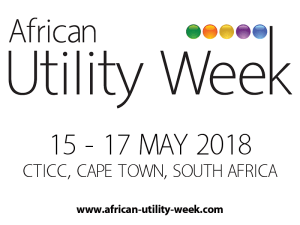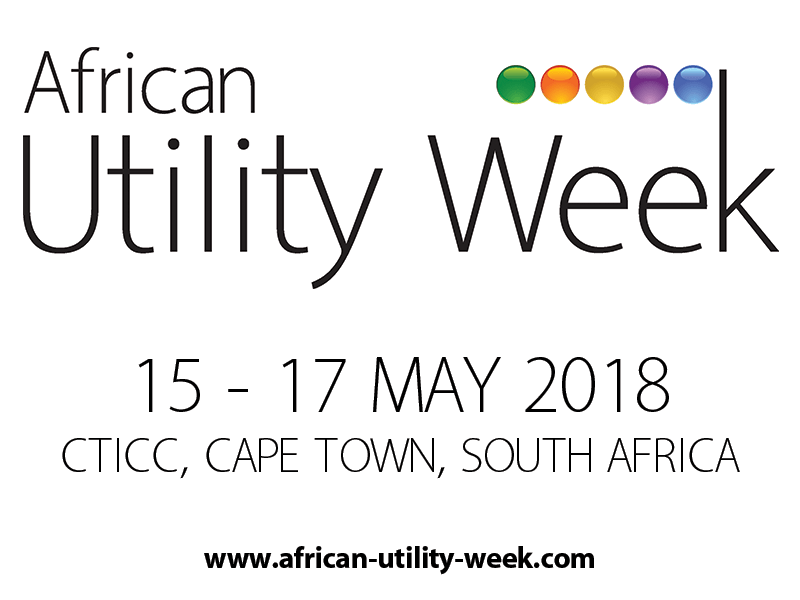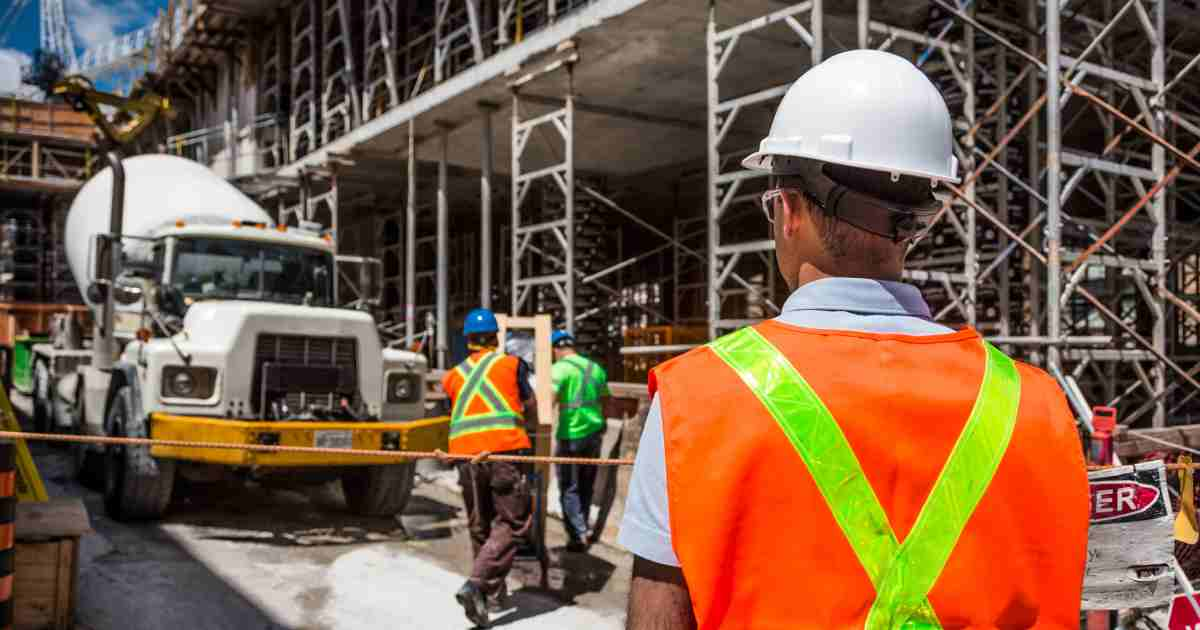 South Africa has been globally recognised and honoured with two awards at the prestigious African Utility Week Industry Awards that took place in Cape Town on Thursday.
South Africa has been globally recognised and honoured with two awards at the prestigious African Utility Week Industry Awards that took place in Cape Town on Thursday.
Hundreds of power and water professionals gathered to honour the top projects and people in the industries on the continent in the fifth edition of the awards gala as part of the African Utility Week conference and exhibition which took place in Cape Town this week.
Roland Schulze, professor emeritus of Hydrology Centre for Water Resources Research School of Agricultural, Earth and Environmental Sciences at the university of KwaZulu-Natal secured a Lifetime achievement award.
Schulze pioneered formal scientific hydrological studies at South African universities by piloting the country’s first hydrology degree course in the early 1980s and then seeing the discipline grow from that of a single lecturer with a handful of students to a fully-fledged Centre for Water Resources Research.
Schulze has initiated and been involved in national and international level hydrological research for the past 50 years, and in applied climate change research in the fields of agriculture and water for the past 30 years.
“I’m proud not only for myself but also for the many colleagues and my family that have helped me achieve this,” Schulze when receiving his award on Wednesday.
“My vision for the water industry in general is that we become more efficient in the use of water, particularly in light of population increases and climate change, which might cause us to have less water than we are used to in the future. And that means efficiency in the main sectors that use a lot of water such as agriculture, industry, and households.”
Another category, Grid-Tied Renewable Energy Project Award (10MW+) was obtained by Xina Solar One Thermo Solar Plant, Abengoa, which is located in the Northern Cape province.
Abengoa’s Javier Payan said: “This project not only features very sophisticated technology but we have also created a community trust in Pofadder ( mall town in the Northern Cape) as well as socio-economic projects to improve the lives of the local community.” (via African News Agency)






